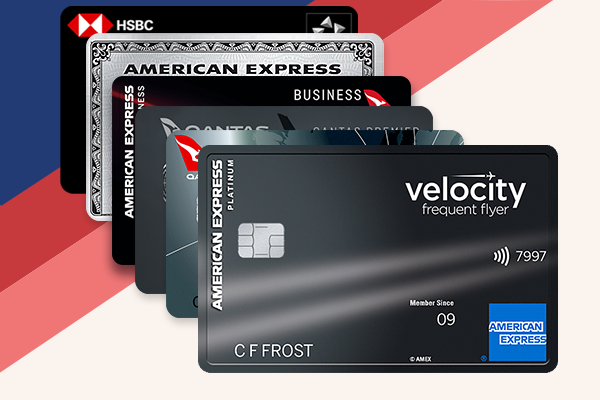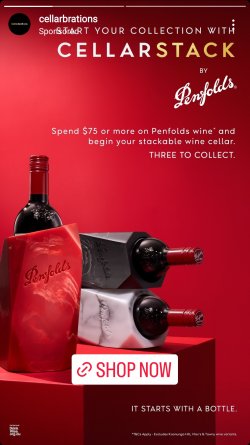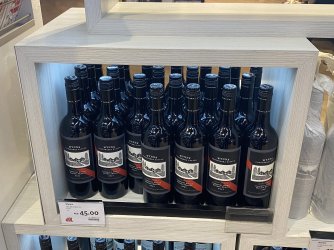The Death of the Tasting Note…
The new generation of drinkers coming through (20-30 years old), are not big readers of the papers and almanacs. They are not particularly endeared with a slow process of accruing knowledge through the steady drip drip drip of “wine work” – it is a punchy, quick to change, fast to react world out there and opinions are easily found wherever you look on this World Wide Web of ours. No single wine writer can tap into this zeitgeist as they are hidden behind their self-made pay walls set up for the aged professionals who want the camaraderie that comes with their wine enjoyment. So, this younger generation will flit like hummingbirds in the forest, from one experience to another lightly touching on its surface before belting off for another experience hit. No time to waste dear comrades.
The generation of the tasting note, even the ranking of scores, is becoming that old school niche that is looked upon like a Nokia 3310. [What does it actually do? … Ah, make phone calls, how quaint.]. I was in a local liquor store during “Schoolies” last year, and as most of the finishing high school students are now 18, they are able to buy liquor. How these young adults discussed their alcohol choices was nothing like how little old me in the early Pleistocene used to buy booze (beer was one of three brands – wine was from a cask – spirits were to get you drunk so lowest $/abv won the day) – they were checking QR codes, going off mates’ recommendations, spotting cool labels, attracted to what was “in”. Price was not a consideration and in no way were they bothered by “scores” just interested in the peer group assigned reputation and what they actually wanted to drink!
Some of this younger generation will delve deeper into this wine world of ours, but unlike previous generation’s growth in alcohol, which was much more linear, theirs will not be a slow pathway. In or out. Know everything or know nothing. It does not matter; it is how you feel and not how you are expected to feel that counts. A generation spoilt for choice, and they know of no other.
Tasting notes and the form of presenting them is becoming a historical artefact and the experts that write them are in essence writing them for the industry and not the consumers. The industry may regurgitate them, abbreviate them, poach them, and even smoke them with manuka chips in a dry smoker – but solely to keep those that lightly touch upon their marketing banter feeling as if these lines of prose have a modicum of weight. We are in an oneiric state, not realizing we are in the middle of change in how wine can be sold and presented but cannot follow how the goal posts have moved so we continue to kick to where they once were.

















































































